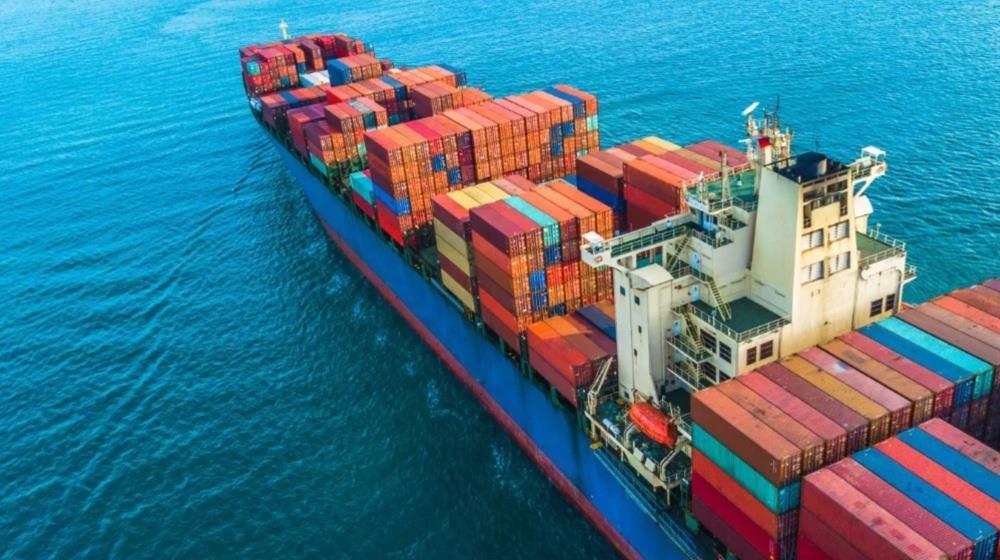The United Nations Conference on Trade and Development (UNCTAD) has called for a “just and equitable transition” to a decarbonised shipping industry, saying full decarbonisation by 2050 will require massive investments and could lead to higher maritime logistics costs.
According to UNCTAD’s Review of Maritime Transport 2023, the sector, whose greenhouse gas emissions have risen 20% over the last decade, operates an ageing fleet that runs almost exclusively on fossil fuels.
As global leaders prepare for the next UN climate conference (COP28), UNCTAD said it advocates for system-wide collaboration, swift regulatory intervention and stronger investments in green technologies and fleets.
Full decarbonisation by 2050 will require massive investments and could lead to higher maritime logistics costs, it added, raising concerns for vulnerable shipping-reliant nations like small island developing states.
“Estimates show that decarbonising the world’s fleet by 2050 could require $8 billion to $28 billion annually,” it said. “The infrastructure for 100% carbon-neutral fuels could need an even heftier $28 billion to $90 billion each year. If achieved, full decarbonisation could double yearly fuel costs.”
The daunting price tag raises concerns, it said, especially for small island developing states (SIDS) and least developed countries (LDCs), already burdened by higher shipping costs.
The report goes on to emphasise the need to balance environmental goals with economic needs but underscores that the cost of inaction far outweighs the required investments.
It also said that beyond cleaner fuels, the industry needs to move faster towards digital solutions like AI and blockchain to improve efficiency as well as sustainability.
In its analysis of global maritime trends, the report highlights shipping’s resilience despite major challenges stemming from global crises, such as the war in Ukraine. Maritime trade is expected to grow 2.4% in 2023 and more than 2% between 2024 and 2028.
According to UNCTAD Secretary General Rebeca Grynspan, “Balancing environmental sustainability, regulatory compliance and economic demands is vital for a prosperous, equitable and resilient future for maritime transport”.
For the full report, click here









